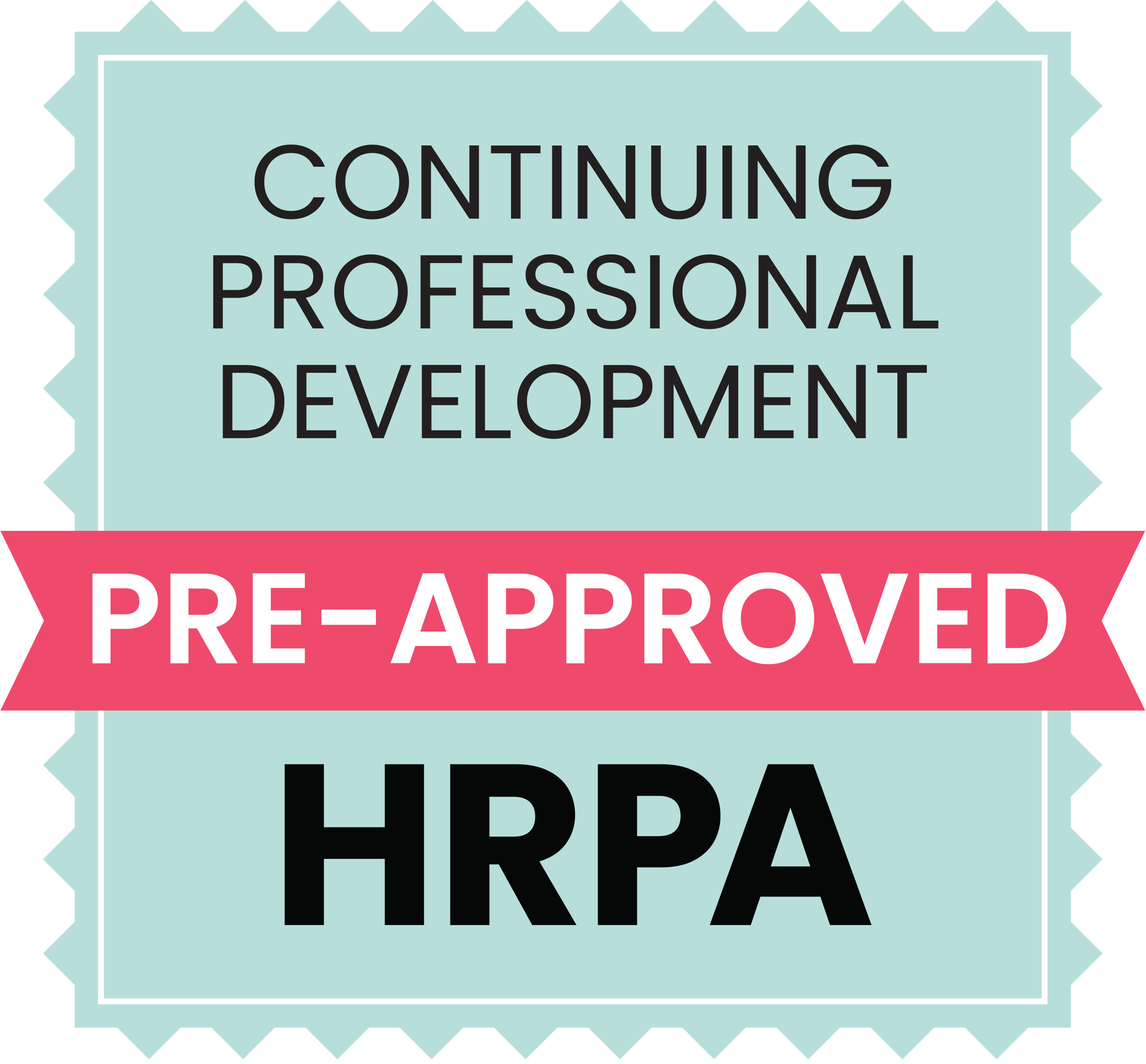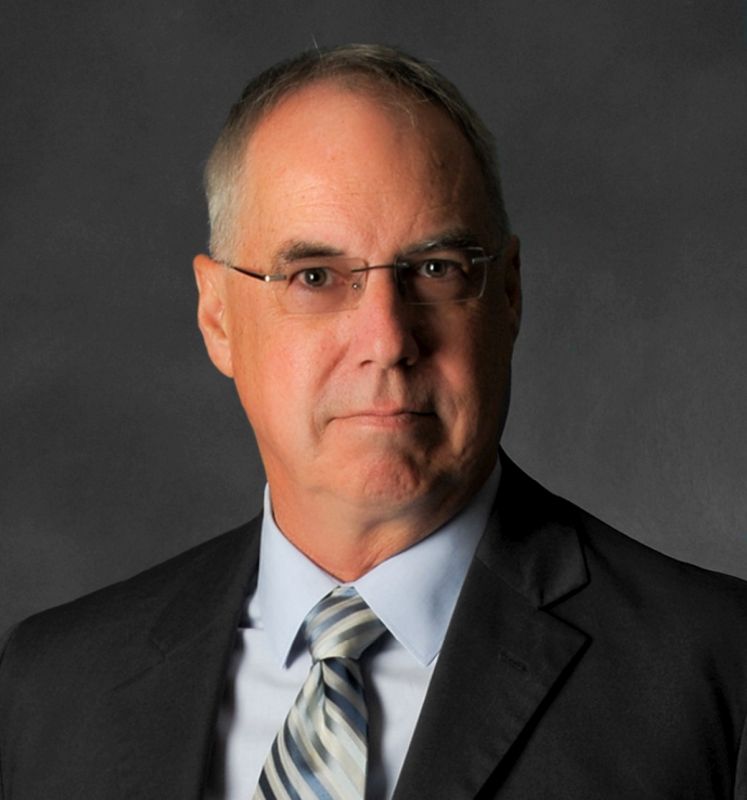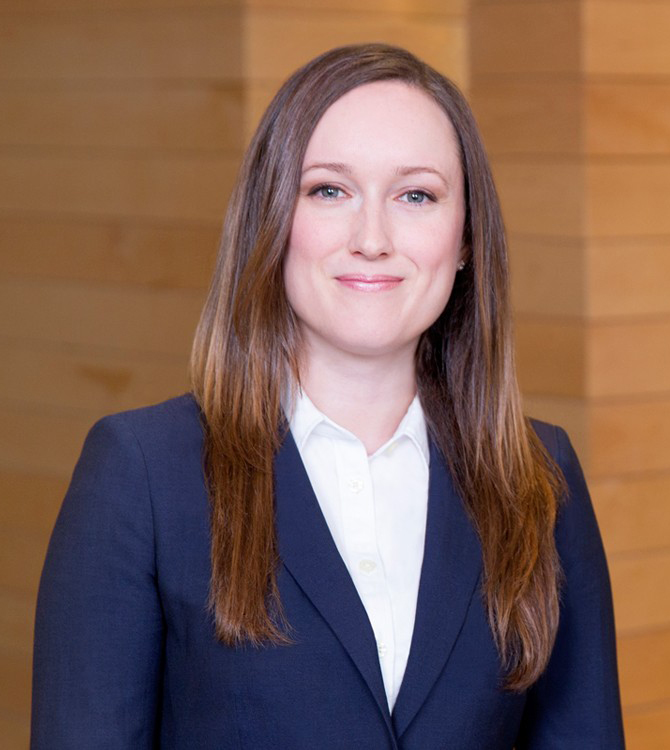Atlantic Labour Law Conference
Conference Co-Chairs
Conference Advisory Committee
Monday, May 6, 2024
*Workshop sold separately from stand-alone conference.
Workshop
Accommodating employees with disabilities that impair their judgment, perception, and often their very ability to participate in the accommodation process itself can be challenging. Working through interactive exercises with the guidance of experts, participants will develop the knowledge and skills to:
- Comply with management and union responsibilities surrounding the accommodation process, the duty to inquire, obtaining medical records, and related privacy legislation;
- Understand how common disabilities and related stigma may impede a worker’s ability to participate in the accommodation process;
- Apply effective communication skills when interacting with defensive or resistant employees;
- Comply with legal obligations when workers are unwilling or unable to participate in the accommodation process; and
- Identify when the threshold of undue hardship has been reached.
Schedule
Breakfast and registration: 8:00 a.m. – 9:00 a.m.
Introductory remarks: 9:00 a.m. – 9:05 a.m.
Workshop: 9:05 a.m. – 10:30 a.m.
Break: 10:30 a.m. – 10:45 a.m.
Workshop: 10:45 a.m. – 11:55 a.m.
Lunch: 11:55 a.m. – 1:05 p.m.
Workshop: 1:05 p.m. – 2:30 p.m.
Break: 2:30 p.m. – 2:45 p.m.
Workshop and closing remarks: 2:45 p.m. – 4:00 p.m.
Tuesday, May 7, 2024
8:00 – 9:00: Registration and breakfast
9:00 – 9:05: Opening Remarks
Nancy F. Barteaux, K.C.
Employer Counsel
Founder and Principal
Barteaux Labour and Employment Lawyers Inc.
In this session, experts will analyze noteworthy legal developments, discussing key cases and recent legislation. Topics to be addressed include:
- Privacy;
- Discipline;
- Health and safety/workers’ compensation; and
Panelists will also discuss recent provincial and federal legislative amendments, including:
- Pay equity;
- Pay transparency;
- Pensions;
- Strike replacements;
- Sick time/sick notes;
- Minimum wages; and
- Supply chain transparency.
Final selection of topics will take place in the weeks leading up to the conference ensuring coverage of the latest and most important developments.
10:35 – 10:50: Break
A tension sometimes arises between employee free speech and an employer’s duty to ensure a safe and respectful workplace. How can these arguably competing rights and obligations be balanced? In this session, a panel of experts will address these questions:
- What is the line between safeguarding employee free speech and ensuring a respectful and safe work environment? Do employees have the right to express their views on potentially controversial and/or political matters at work?
- Can employers discipline employees for private statements and/or expressions made outside the workplace?
- To what extent will arbitrators consider Charter rights and values such as freedom of expression in the context of off-duty conduct?
- What is the extent of a union’s duty to represent members who face work-related consequences for their potentially polarizing beliefs? When will a union’s decision not to represent a member constitute a breach of the duty of fair representation?
12:05 – 1:25: Networking Lunch
Dr. Dayna Lee-Baggley
Founder & CEO, Dr. Lee-Baggley and Associates
Assistant Professor, Faculty of Medicine, Dalhousie University
Adjunct Professor, Psychology Department, Saint Mary’s University
Rates of burnout have never been higher; however, the conventional focus on self-care falls short. In this innovative presentation, Dr. Dayna will present a more comprehensive strategy to address burnout known as the “Burnout Burger.” The Burnout Burger highlights that burnout is not just the responsibility of the individual. Instead, the individual is squeezed between organizational and cultural factors that also influence burnout. Dr. Dayna will present the science of burnout and actionable strategies to address the Burnout Burger, including the role of psychological safety in targeting burnout. Attendees will gain insight into cutting-edge, evidence-based tips and techniques, empowering individuals, leaders, and workplaces to effectively address burnout and foster the well-being of both employees and organizations.
2:10 – 2:25: Break
2:25 – 3:40: Panel 3 - Is it Harassment or Not? An interactive panel with case studies and scenarios
In many instances conduct or comments will clearly meet the definition of harassment. However, in other cases debate may arise as to whether the alleged harasser knew or ought reasonably to have known that their behaviour was unwelcome, offensive, or harmful. In this session, panelists will highlight the degree to which reasonable minds may disagree about whether certain comments or conduct constitute harassment, probe the reasons behind such disagreement, and address questions such as:
- Should a complainant’s subjective feelings of humiliation or offence be determinative of whether certain conduct constitutes harassment? If not, why not?
- What role do a complainant’s personal characteristics – gender and race, for example – play in determining whether certain conduct should be reasonably seen to be offensive? How might a decision-maker’s unconscious bias interfere in the analysis of whether conduct could reasonably be seen to be insulting or humiliating?
- Does workplace culture play any role in determining whether conduct ought reasonably to have been known to be offensive?
- Is the analysis of whether conduct constitutes harassment affected by a friendship or previous romantic relationships between complainant and respondent? What about power imbalances or lack thereof?
- From the employer’s perspective, how is the reasonableness of management action assessed to determine whether or not it constitutes harassment?
3:40 – 3:45: Closing remarks
Wednesday, May 8, 2024
8:00 – 9:00: Registration and breakfast
9:00 – 9:05: Opening Remarks
Chantelle MacDonald Newhook
Arbitrator/Mediator/Investigator
Dispute Winners
Vice-Chair
Newfoundland and Labrador Labour Relations Board
Many forward-facing employees may experience violence and/or harassment from third parties such as clients, students, patients, customers, etc. In this session, experts will explore the scope of an employer’s legal duty to prevent third party violence against their employees, the rights and duties of employees in these circumstances, and the union’s role in preventing and responding to violence experienced by their membership. Questions to be addressed include:
- What legal obligations do employers have to protect their employees from third-party harassment? Should workplace violence and harassment policies include specific provisions for dealing with third parties who become violent towards employees?
- What steps must an employer take when they become aware that their staff are being harassed by a third party?
- Does the legal obligation to protect the health and safety of employees extend to violence and harassment that occurs off-site? How do these obligations apply in the context of remote work?
- What obligations do unions have to support members who are facing violence and/or harassment from third parties/the public? In what circumstances should unions grieve an employer’s failure to protect employees from third party violence and/or pursue remedies through the Ministry of Labour/Labour Relations Board?
- What is the scope of an employee’s duty to report concerns about a patient, student, customer, or client?
- What legal recourse is available to employees who have experienced violence or harassment from members of the public? In what circumstances may an employer be liable for discrimination and harassment perpetrated by non-employees or members of the public? What factors will an arbitrator consider when making this determination?
- In what circumstances can employees refuse work on the basis that they believe they will experience violence from members of the public? Are there circumstances where workers who are excluded from the general right to refuse unsafe work under occupational health and safety legislation (i.e. police officers, firefighters, correctional officers, and health care workers), can refuse unsafe work on the basis that a patient/client/ etc. poses a danger?
- What are the implications of Bill C-3, An Act to Amend the Criminal Code and the Canada Labour Code, which outlines enhanced protections for health care workers under the Criminal Code?
10:20 – 10:35: Break
David Delaney
Employee Relations Consultant and Employment Equity Coordinator
Halifax Employers Association
As concepts of workplace equality, diversity, and inclusion continue to evolve, many organizations are turning to new initiatives to address systemic discrimination in workplaces. In this session, experts will discuss:
- How can systemic discrimination manifest in the workplace, and how can it be identified?
- How can employers and unions proactively address impacts of systemic discrimination in the workplace?
- How can systemic barriers manifest during hiring processes? How can employers best implement fair hiring practices to avoid discrimination and promote a more diverse workforce?
- How can systemic barriers manifest during promotion processes? How can employers and unions best address and combat these barriers?
- What policy changes can employers implement to prevent unintentional discriminatory consequences?
- Is collective agreement language effective in fostering equity and creating a respectful workplace culture?
- What steps are unions and workplaces taking to advocate for non-discriminatory workplace practices?
11:50 – 1:00: Lunch
In this session, expert panelists will examine recent caselaw addressing workplace investigations and will explore key principles and best practices in conducting fair, adequate, and effective investigations into human rights-related allegations. The panel will address questions including:
- What lessons can be learned from recent cases as to what constitutes a fair and adequate investigation process? What procedural flaws have been found to render an investigation unfair or inadequate?
- When is retaining a third-party investigator necessary? What other alternatives are possible?
- Can the grounds for an investigation be expanded after the investigation has already been commenced – for example, if an investigation reveals issues of systemic discrimination?
- What are best practices for countering unconscious and implicit bias and otherwise ensuring stereotypes and discrimination do not impact the investigatory process? How should investigatory meetings be approached where the person being interviewed has or is suspected to have a disability?
- How much latitude do employers have to order investigations into off-duty conduct? May workplace investigators demand to examine employees’ personal devices, such as laptops or cellphones which employees use exclusively or primarily for personal purposes?
- How should employers and unions approach investigations into workplace conduct which may have a criminal element?
- What legal avenues are available to employees who wish to challenge what they believe to be an unfair or improper investigation into their human rights allegations?
2:15 – 2:30: Break
Given the lack of Canadian arbitration decisions on the use of artificial intelligence (“AI”) to select and manage employees, this session will provide employers and unions with the best available insight into how grievances against such uses of AI would be mounted, defended, and decided. Experienced union and management counsel will join an arbitrator to discuss a union challenge to algorithmic management drawn from US caselaw and a challenge to a program designed to vet job candidates. Specific issues to be addressed include:
- What principles in existing arbitral jurisprudence or legislative provisions could be invoked to challenge an employer’s use of algorithmic management (i.e. use of AI and data to manage employees)?
- Can employers rely on management rights to justify the use of AI to evaluate employee performance and manage employees?
- What arguments for and against the use of algorithmic management would arbitrators in the Atlantic provinces find most compelling?
- What legal concerns are raised when an employer uses AI to assess candidates’ suitability for positions?
- What privacy concerns are raised by using AI to evaluate job applicants based on their internet activity?
3:45 – 3:50: Closing remarks
CPD

This program has been approved for 9.75 Continuing Professional Development hours under Category A of the Continuing Professional Development (CPD) Log of the Human Resource Professionals Association (HRPA).
- This program has been approved by CPHR Nova Scotia for 9.75 Continuing Professional Development hours.
- Members of the Nova Scotia Barristers’ Society may consider counting this program for 9.75 Continuing Professional Development hours.
- Members of the Law Society of New Brunswick may consider this program for 9.75 Continuing Professional Development hours.
- Members of CPHR Newfoundland & Labrador may consider counting this program for 9.75 Continuing Professional Development hours.

This program has been approved for 5.5 Continuing Professional Development hours under Category A of the Continuing Professional Development (CPD) Log of the Human Resource Professionals Association (HRPA).
- This program has been approved by CPHR Nova Scotia for 5.5 Continuing Professional Development hours.
- Members of the Nova Scotia Barristers’ Society may consider counting this program for 5.5 Continuing Professional Development hours.
- Members of the Law Society of New Brunswick may consider this program for 5.5 Continuing Professional Development hours.
- Members of CPHR Newfoundland & Labrador may consider counting this program for 5.5 Continuing Professional Development hours.




































